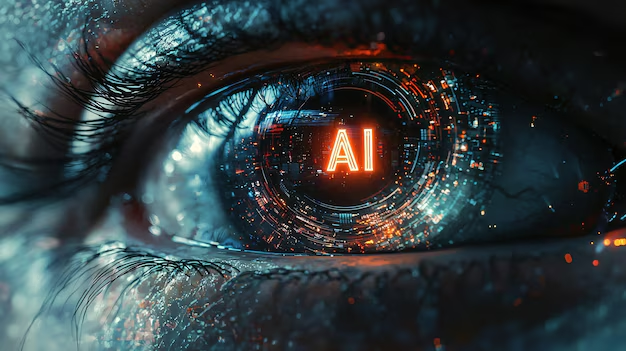Democratization of AI

The democratization of AI is a trend that seeks to make AI tools and knowledge available to a broader audience, including individuals, small businesses, and non-technical organizations. While the democratization of AI offers many opportunities, it also poses significant challenges.
One of the main challenges of the democratization of AI is the lack of expertise and technical knowledge. AI is a complex technology that requires specialized skills and knowledge. Therefore, the democratization of AI requires significant investment in training and education programs to enable individuals and organizations to acquire the necessary expertise to use AI effectively.
Another challenge of the democratization of AI is the risk of bias and unethical use. AI systems can replicate and amplify existing biases in the data used to train them, leading to unfair outcomes and discriminatory practices. Therefore, there is a need for ethical frameworks and guidelines to ensure that AI is used for the benefit of society as a whole and not to perpetuate existing inequalities.
Despite these challenges, there are many examples of the democratization of AI in action. One example is the use of AI-powered chatbots, which are becoming increasingly popular in customer service and support. Chatbots can provide 24/7 assistance, helping organizations to reduce the cost of customer service while providing a better customer experience.
Another example of the democratization of AI is the use of AI-powered tools for content creation. Platforms like GPT-3 and Copy.ai allow users to generate high-quality content with minimal input, making it easier for small businesses and individuals to produce professional-grade content without the need for extensive writing skills.
Open-source AI platforms such as TensorFlow and PyTorch are also examples of the democratization of AI. These platforms provide developers and researchers with the tools they need to build their own AI models without the need for significant financial investment or technical expertise. This has led to a proliferation of AI research and development, leading to new breakthroughs and innovations.
In conclusion, the democratization of AI offers many opportunities for individuals and organizations to leverage the power of AI to solve complex problems and drive innovation. However, it also poses significant challenges that need to be addressed to ensure that AI is used ethically and for the benefit of society as a whole. Examples of the democratization of AI, such as chatbots, AI-powered content creation tools, and open-source AI platforms, illustrate the potential of this trend to empower individuals and organizations to harness the transformative potential of AI.
